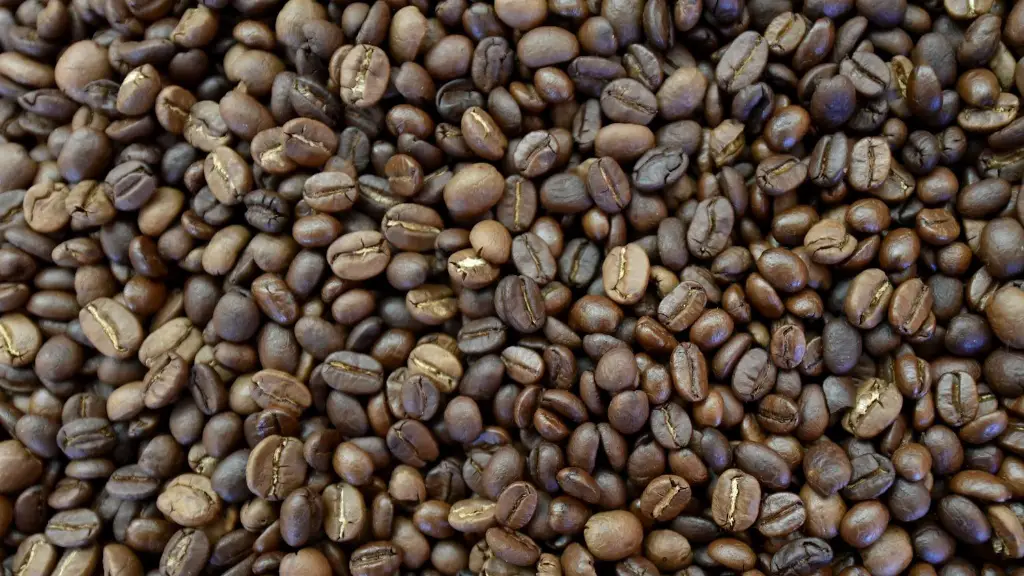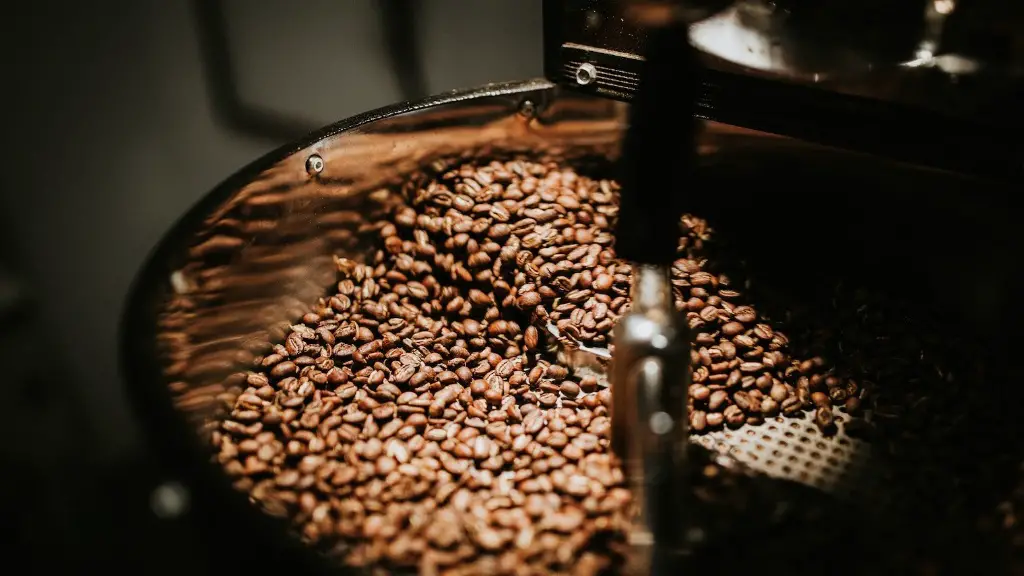The Causes
Chest pain after drinking coffee is an increasingly common phenomenon that can be caused by a variety of factors. Caffeine is a stimulant, which causes the body to release stress hormones, such as cortisol and adrenaline. This can accelerate the heart rate, cause chest tightening and chest pain. Additionally, coffee is acidic and can irritate the lining of the stomach and lead to pain in the chest. If a person suffers from gastroesophageal reflux disease (GERD), drinking coffee can worsen their symptoms. Furthermore, some people may be allergic or intolerant to caffeine which can lead to chest pain, difficulty breathing and other symptoms.
For some people, the pain in the chest can simply be caused by drinking too hot coffee. Especially if a person gulps down the coffee quickly, the hot liquid can damage the esophagus and lead to chest pain. Moreover, the caffeine in coffee can lead to an irregular heartbeat and transient chest pain. Although chest pain is not necessarily dangerous, it can be a sign of a more serious underlying health condition. Therefore, it is important to consult a doctor if the chest pain persists.
The Risk Factors
Consuming too much coffee or caffeine can increase the risk of experiencing chest pain after drinking coffee. Labeling on most beverages with caffeine will list the amount of the stimulant per serving. In general, consuming more than 400 mg of caffeine per day can increase the risk of chest pain. Additionally, people who consume large amounts of coffee may become desensitized to the caffeine and require increasing amounts to feel the jolt of energy they are accustomed to.
The type of coffee a person drinks may also affect the chances of getting chest pain. Instant coffee, which has the highest amount of caffeine, can be more likely to cause chest pain than filtered coffee. Additionally, high doses of caffeine, such as energy drinks, contain more caffeine and should be avoided, as they can lead to more severe chest pain.
Preventative Measures
To avoid chest pain after drinking coffee, it is recommended that people with underlying health conditions, such as GERD, drink coffee in moderation. Moreover, it is important to ensure that the coffee is not too hot before drinking it. Adding dairy or cream to the coffee can make it more tolerable for people with GERD. For people who have caffeine allergies or are intolerant to caffeine, it is best to avoid coffee altogether.
If chest pain after drinking coffee persists, it is important to consult a doctor. A doctor may be able to recommend lifestyle changes or provide treatment to reduce symptoms. They may also be able to recommend ways to reduce the negative effects of drinking coffee.
The Analgesia of Chest Pain After Drinking Coffee
Painkillers and anti-inflammatory medications are typically used to relieve chest pain caused by coffee drinking. Over-the-counter pain medications, such as ibuprofen or aspirin, can help to reduce the pain and inflammation associated with chest pain after drinking coffee. Additionally, some people may benefit from taking a digestive aid such as an antacid or a proton pump inhibitor to reduce stomach acidity.
For people who experience chest pain after drinking coffee, it is important to consult a doctor for an accurate diagnosis and tailored treatment. A doctor can provide advice on how to avoid chest pain and recommend lifestyle and dietary changes to help manage the symptoms.
Lifestyle and Dietary Changes
In some cases, lifestyle and dietary changes can help reduce the frequency and intensity of chest pain after drinking coffee. Limiting the amount of coffee consumed is one way to reduce the risk of chest pain. Additionally, switching to decaffeinated coffee or herbal tea may provide relief from chest pain. Drinking water or other non-caffeinated fluids may also help to prevent chest pain.
In addition to reducing coffee consumption, it may also be helpful to incorporate foods high in anti-inflammatory nutrients, such as omega-3 fatty acids, into the diet. Foods such as salmon, nuts, and avocados are great sources of anti-inflammatory nutrients that can help reduce chest pain. Avoiding foods and beverages that trigger chest pain, such as caffeine, alcohol, and carbonated beverages, is also recommended.
Conclusion
Chest pain after drinking coffee is a common phenomenon that can be caused by a variety of factors. Caffeine is a stimulant that can accelerate the heart rate, cause chest tightening and chest pain. Additionally, coffee is acidic and can irritate the lining of the stomach and lead to pain in the chest. People who suffer from GERD, caffeine allergies or intolerances should avoid coffee altogether. To avoid chest pain after drinking coffee, it is important to limit the amount of coffee consumed and to incorporate anti-inflammatory foods into the diet. If chest pain persists, a doctor should be consulted for an accurate diagnosis and treatment.


